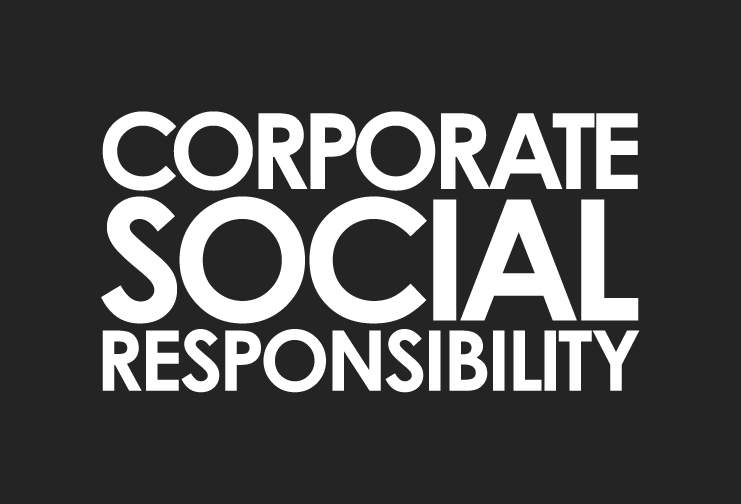



Philanthropy is the rock star of corporate giving, enabling companies to plaster their names across museum exhibitions and public schools. But another form of corporate benevolence, while less showy, may be at least as important. That’s corporate social responsibility (CSR), also known as good corporate citizenship or even corporate conscience.
As the name suggests, CSR is generally defined as corporate behavior that’s in the public interest. While the term came into vogue in the 1960s, historians can cite numerous examples of good corporate citizenry—or paternalism—from the business archives; it was a century ago, for example, that Henry Ford doubled his workers’ pay (to $5 a day). In the years since then, CSR has evolved to embrace a wide variety of business practices unimaginable in Ford’s day. These include community involvement (supporting employees who want time off to volunteer, for example); ethical manufacturing and marketing (not out-sourcing—or, if out-sourcing, ensuring that factories don’t use child labor); and environmental sustainability (recycling, waste management, buying fair-trade coffee beans).
What’s in it for business? Nothing, according to hard-core capitalists, who are also no fans of corporate philanthropy; they argue, as they have for a half-century, that a business’s responsibility is to maximize shareholder value, not to exercise a corporate conscience. And, at the other end of the political spectrum, liberal critics suggest that such practices are mere whitewashing (or green-washing, when it involves environmental activities), designed to help businesses avoid stricter government regulation.
However, advocates of CSR—notably corporations—maintain that such actions represent enlightened self-interest. Better pay and health insurance for employees can improve the workforce and reduce turnover. Ethical manufacturing and marketing foster a marketplace eager for products and services. Greater integrity on the part of the financial community might have helped avert the recent global recession. And so on, and so forth.
And outwardly, at least, good corporate citizenship is on the rise, worldwide. In 2000, the United Nations called on businesses to sign a new “global compact” in which they committed to “ten universally accepted principles in the areas of human rights, labor, environment and anti-corruption.” At latest count, more than 8,000 businesses in 145 countries had signed on. They include Novo Nordisk, the Danish pharmaceutical multinational, and Unilever, the Anglo-Dutch food conglomerate.
Companies that aren’t signatories also espouse in CSR in their own ways. On its web site, the Toyota Corporation displays an elaborate graphic that illustrates its corporate citizenship by making cars that are safe and environmentally friendly, and by providing education in traffic safety, car mechanics and other areas. In New York, in lieu of a cash handout, it recently applied its famous kaizen—continuous improvement process—to dramatically shortening the waiting times at food pantries and soup kitchens.
In the U.S., commitment to CSR has led to the emergence of “B corporations”—for-profit companies that promise to adhere to specific social and environmental standards, and whose performance is regularly certified by a nonprofit called B Lab. According to the New Yorker, there are more than 1,000 B corporations in the U.S. today; they include Patagonia, the sportswear maker, and Warby Parker, the eyeglass maker beloved of hipsters, which distributes a pair of glasses in the developing world for every pair it sells.
In fact, an argument could be made that genuine adherence to standards of corporate social responsibility serves society better than corporate philanthropy. In an academic paper on CSR published in 2009, two researchers noted that Enron’s fraudulent behind-closed-door practices led to a bankruptcy of unprecedented size and immense collateral damage. Before then, however, particularly in its Houston hometown, Enron was a conspicuously open-handed donor.